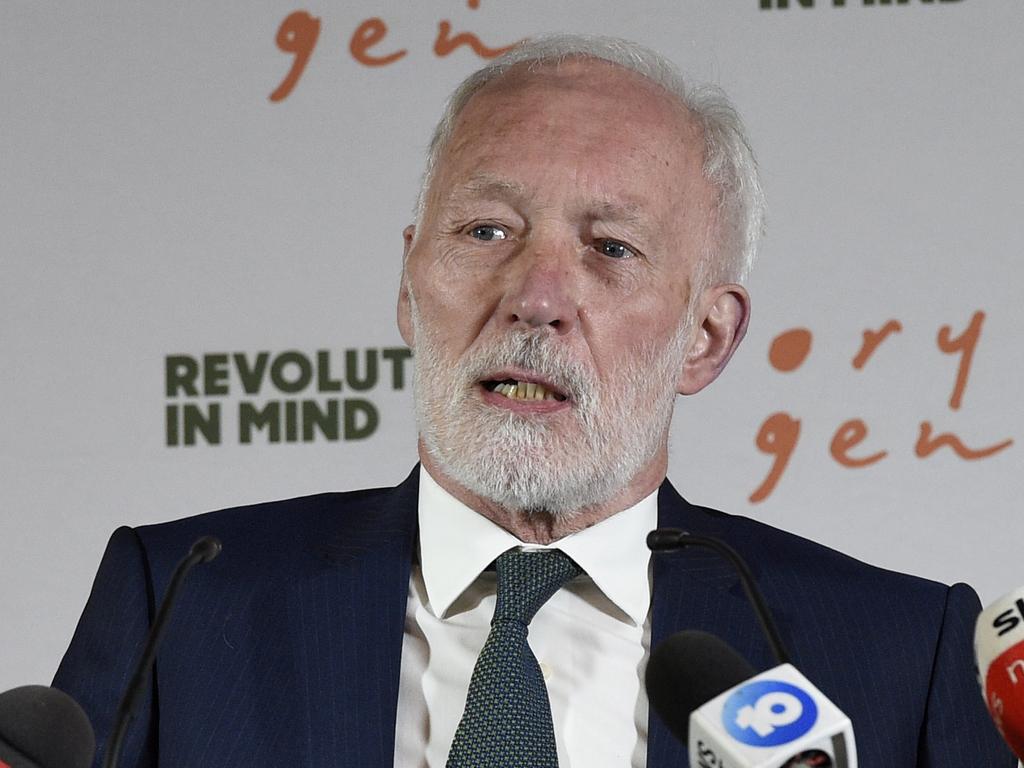Federal budget 2024 mental health: The most severely unwell remain neglected in this budget
The crisis swamping public psychiatry services dealing with schizophrenic patients remains unremedied as early intervention services get millions.

Psychiatric services for the most severely mental ill Australians have received no specifi
The crisis swamping public psychiatry services dealing with the most severely mentally unwell patients remains unremedied as a national early intervention service receives millions, and funding is directed to mental health nurses in GP clinics and a national network of walk-in Medicare Mental Health services.
The network of 61 Medicare mental health clinics will have their clinical capability upgraded to ensure every centre has psychiatrists, psychologists and GPs on call. This will help those who cannot access or afford private psychiatrists and will assist a proportion of those with complex mental health needs.
Mental health services still in crisis
However, a large proportion of those with the most significant needs, such as those living with schizophrenia, are severely under-serviced by community mental healthcare, often dependant on struggling and stressed parents, and not infrequently living on the streets.
The Federal government has made no moves to assist state governments to bolster community healthcare for these people, or negotiate packages of housing support which are even more critical than healthcare for this disadvantaged cohort.
Acute mental health episodes now make up half of all presentations to emergency departments in public hospitals.
Mental health wards are severely oversubscribed nationwide and the problem is being exacerbated by the growing number of private mental health hospitals or wards that are now closing down as the private hospital sector comes under severe financial strain.
Many of those with complex needs or severe illnesses are frequently readmitted to hospital or fall through the gaps of the health system. Psychiatrists have estimated around half of all of this cohort receives no mental healthcare at all despite desperately needing it.
The phenomenon was brought into sharp focus last month when a man living with schizophrenia, Joel Cauchi, went on a murderous rampage at Westfield Bondi Junction, stabbing 18 people and killing six. Although homicides by schizophrenic patients are rare, homelessness increases the risk of such horrific events.
The establishment of a national digital “low intensity” early intervention mental service to provide support to people in the early stages of mental health distress, at a cost of $588.5m over eight years from 2024–25, is designed to provide access to support before their distress elevates and triggers the need for more intensive services or an inpatient admission.
The early intervention service, which may respond to conditions such as anxiety and depression, will be funded ongoing at a cost of $113.4 million yearly.
It will be free of charge to patients and will not require a referral. This type of early intervention is critical but many argue it is best provided by a patient’s ordinary team of caregivers, and there is scepticism among many doctors as to whether such digital support models are effective.
Need for Medicare subsidies
The funding of the early intervention service comes off the back of the Better Access evaluation. In line with that evaluation, the government has resisted pressure to expand funding of Medicare-subsidised psychology visits. Medicare subsidies for psychology services were wound back from 20 subsidised sessions a year during the pandemic, to back to the previous baseline of up to 10 year, amid some evidence that these subsidised were mainly utilised by more wealthy individuals.







To join the conversation, please log in. Don't have an account? Register
Join the conversation, you are commenting as Logout